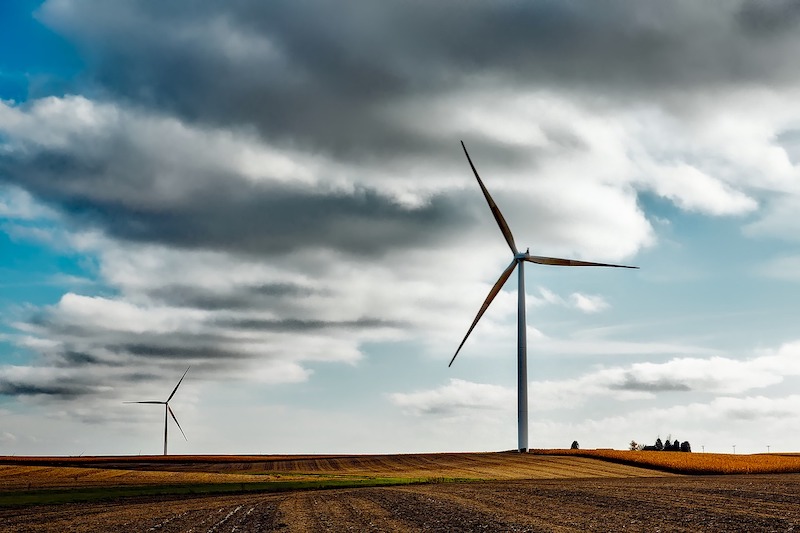The International Energy Agency (IEA) published its first comprehensive roadmap to net-zero emissions by 2050.
Many governments use IEA’s modeling and conclusions as input for policy decisions. Much of the document’s focus is on energy generation and a transition to cleaner forms of transportation, but building efficiency is also included.
The net zero vision would have emissions from buildings drop by 40% by 2030 and more than 95% by 2050. That goal would require that by 2030, about 20% of the existing building stock worldwide be retrofitted and all new buildings comply with zero‐carbon‐ready building standards. A zero‐carbon‐ready building is defined as highly energy efficient using either renewable energy directly or from an energy supply that will be fully decarbonized by 2050.
The roadmap also calls for minimum energy performance standards and replacement schemes for low‐efficiency appliances to be introduced or strengthened in the 2020s in all countries. By the mid‐2030s, nearly all household appliances sold worldwide should be as efficient as the most efficient models available today.
Related Stories
| Apr 19, 2012
Michigan legislature tackling controversial rules on electricians
A fight is brewing in the Michigan legislature over how many fully qualified electricians must be present during electrical work when apprentices also are on hand.
| Apr 19, 2012
Washington city may base building code on rising sea level due to global warming
Aberdeen may become the first city in Washington to base a building code on rising oceans and global warming.
| Apr 19, 2012
CSI webinar on energy codes and building envelopes
This seminar will review recent changes in energy codes, examples of building enclosure wall assemblies for code compliance, potential moisture management and durability challenges, and design tools to assess and minimize potential problems.
| Apr 19, 2012
Innovative plan for storm water in Philadelphia gets EPA’s OK
Philadelphia's $2 billion plan to manage its storm water with green methods including porous pavement, green roofs, and more trees, was officially approved last week by the U.S. Environmental Protection Agency.
| Apr 19, 2012
LEED 2012 to include new credit category for transit-oriented development
The updated LEED 2012 system will introduce a new credit category, “Location and Transportation,” to encourage development oriented around public transit and more walkable communities.
| Apr 17, 2012
FMI report examines federal construction trends
Given the rapid transformations occurring in the federal construction sector, FMI examines the key forces accelerating these changes, as well as their effect on the industry.
| Apr 16, 2012
University of Michigan study seeks to create efficient building design
The result, the researchers say, could be technologies capable of cutting the carbon footprint created by the huge power demands buildings place on the nation’s electrical grid.
| Apr 13, 2012
Congress’s action doesn’t mean Pentagon can’t build LEED gold structures
Though Congress passed a defense budget preventing the Department of Defense from spending money to achieve LEED gold or platinum certification, the Pentagon may still end up constructing buildings to those standards.
| Apr 13, 2012
International Living Building Institute certifies first two Net Zero Energy buildings
A community building in Oregon and an office building in California are the first two projects to earn net-zero status under the International Living Building Institute’s Net Zero Energy Certification program.
















